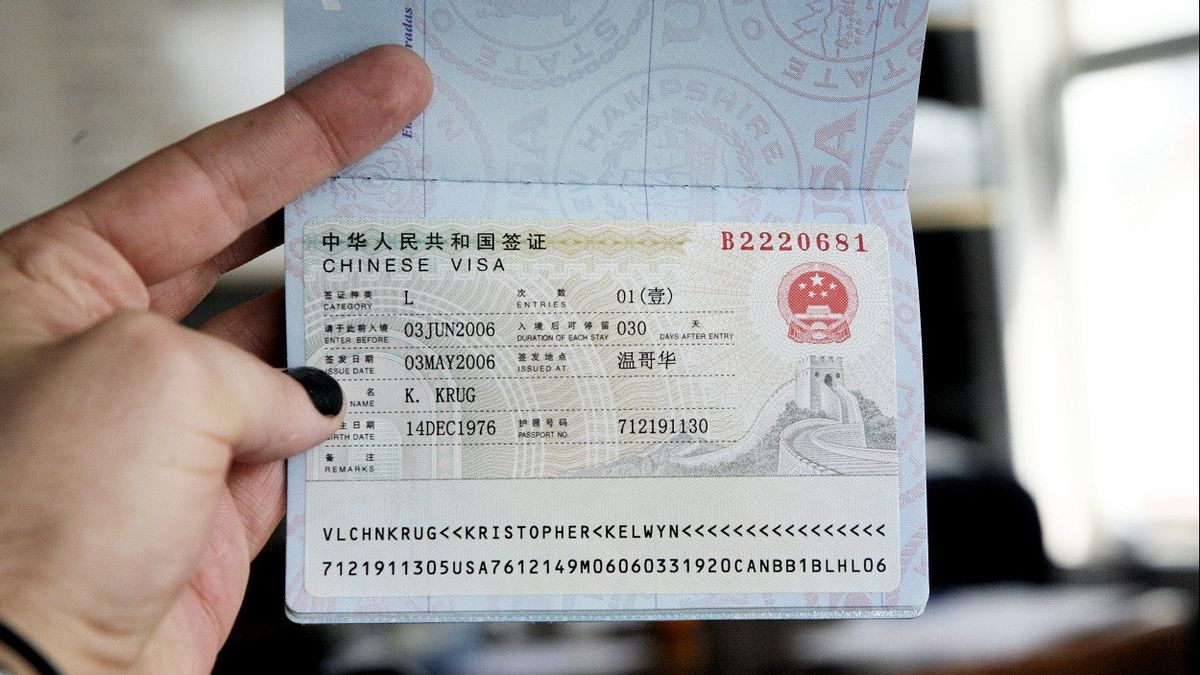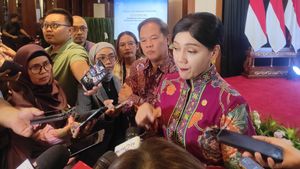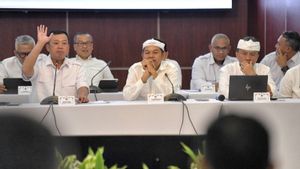JAKARTA - China suspended the issuance of short-term visas in South Korea and Japan on Tuesday, after announcing it would retaliate against countries requiring negative COVID-19 tests for travelers from China.
The Bamboo Curtain country has lifted mandatory quarantine for arrivals, allowing travel to continue its journey across its border with Hong Kong since Sunday, removing the last major restrictions under the "zero-COVID" regime that began to be removed in early December following residents' protests.
That causes the virus to spread among the 1.4 billion population, raising concerns with Japan, South Korea, the United States and other countries requiring negative COVID tests from travelers from China.
Although China imposed similar testing requirements for all arrivals, foreign ministry spokesman Wang Wenbin told reporters on Tuesday that entry restrictions for Chinese travelers were "discriminatory" and China would take "reciprocal action".
As a first retaliatory measure, the Chinese Embassy in South Korea suspended the granting of short-term visas for South Korean visitors.
That will adjust the policy with South Korea's lifting of South Korea's "discriminatory entry restrictions" against China, the embassy said on WeChat's official account.
The Chinese Embassy in Japan later announced similar measures, saying its mission and consulate had suspended visa issuance from Tuesday. Embassy statements did not say when they would resume visa issuance.
The move comes as soon as Japan tightens COVID-19 rules for travelers arriving directly from China, setting a negative result of a PCR test taken less than 72 hours before departure, as well as a negative test upon arrival in Japan.
Several foreign governments have raised concerns about the transparency of Beijing data, as international experts estimate at least 1 million deaths from COVID-19 in China this year.
China rejects criticism of its data as a politically motivated attempt to tarnish its "successiveness" in dealing with the pandemic and says every mutation in the future tends to be more contagious but less dangerous.
"Since the outbreak, China has been open and transparent," said Wang Wenbin.
As a sign of further opening, Beijing's Daxing International Airport will return to international flights for the first time in nearly three years starting January 17, along with Beijing Capital International Airport.
The English, Chinese, Japanese, Arabic, and French versions are automatically generated by the AI. So there may still be inaccuracies in translating, please always see Indonesian as our main language. (system supported by DigitalSiber.id)













